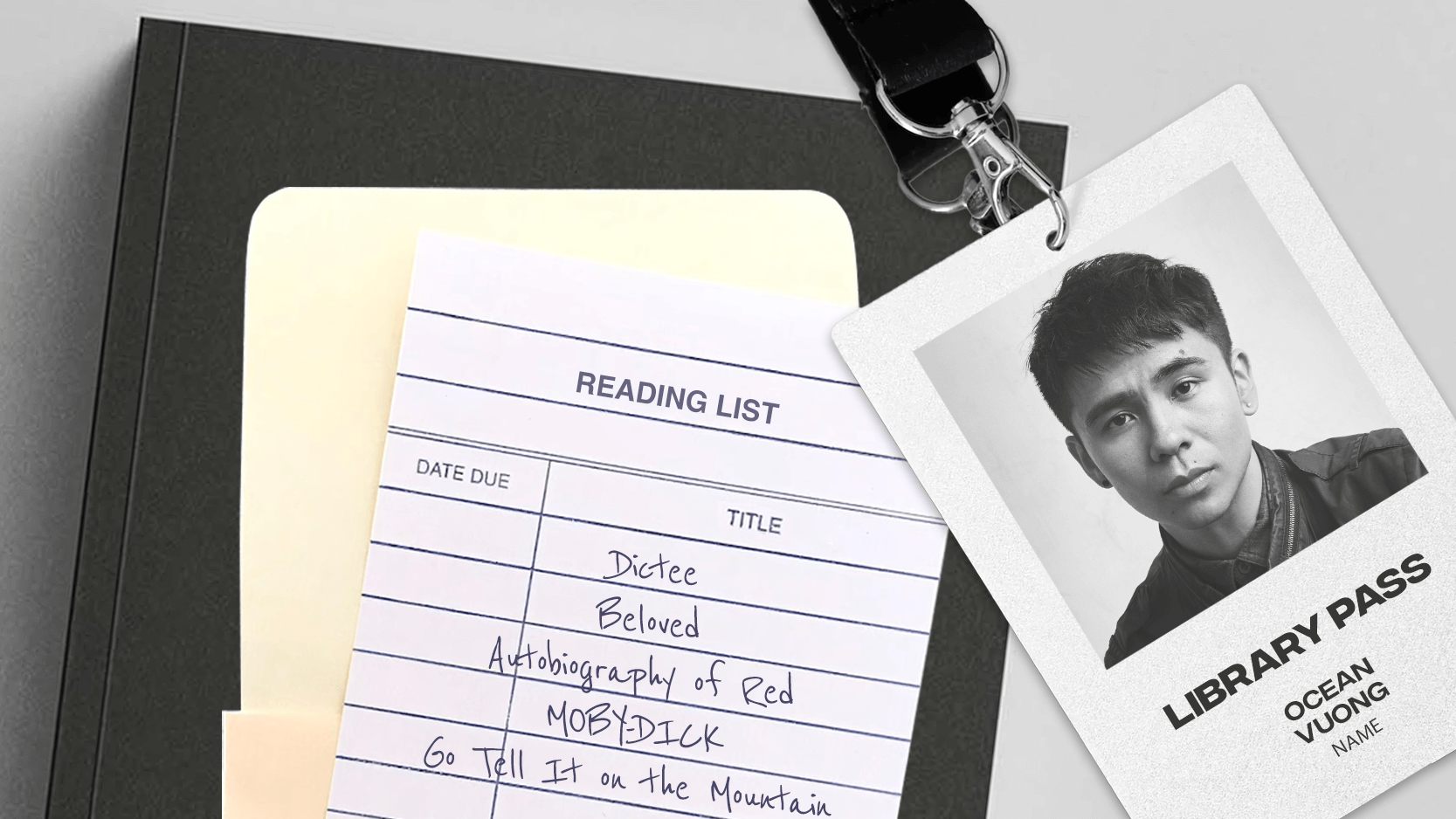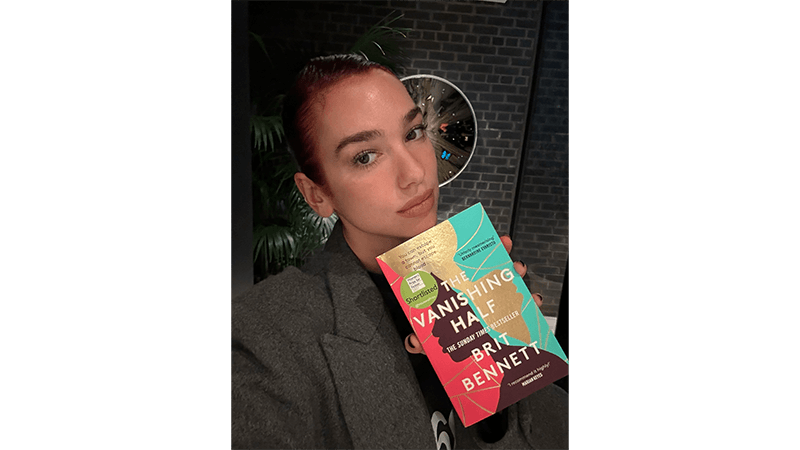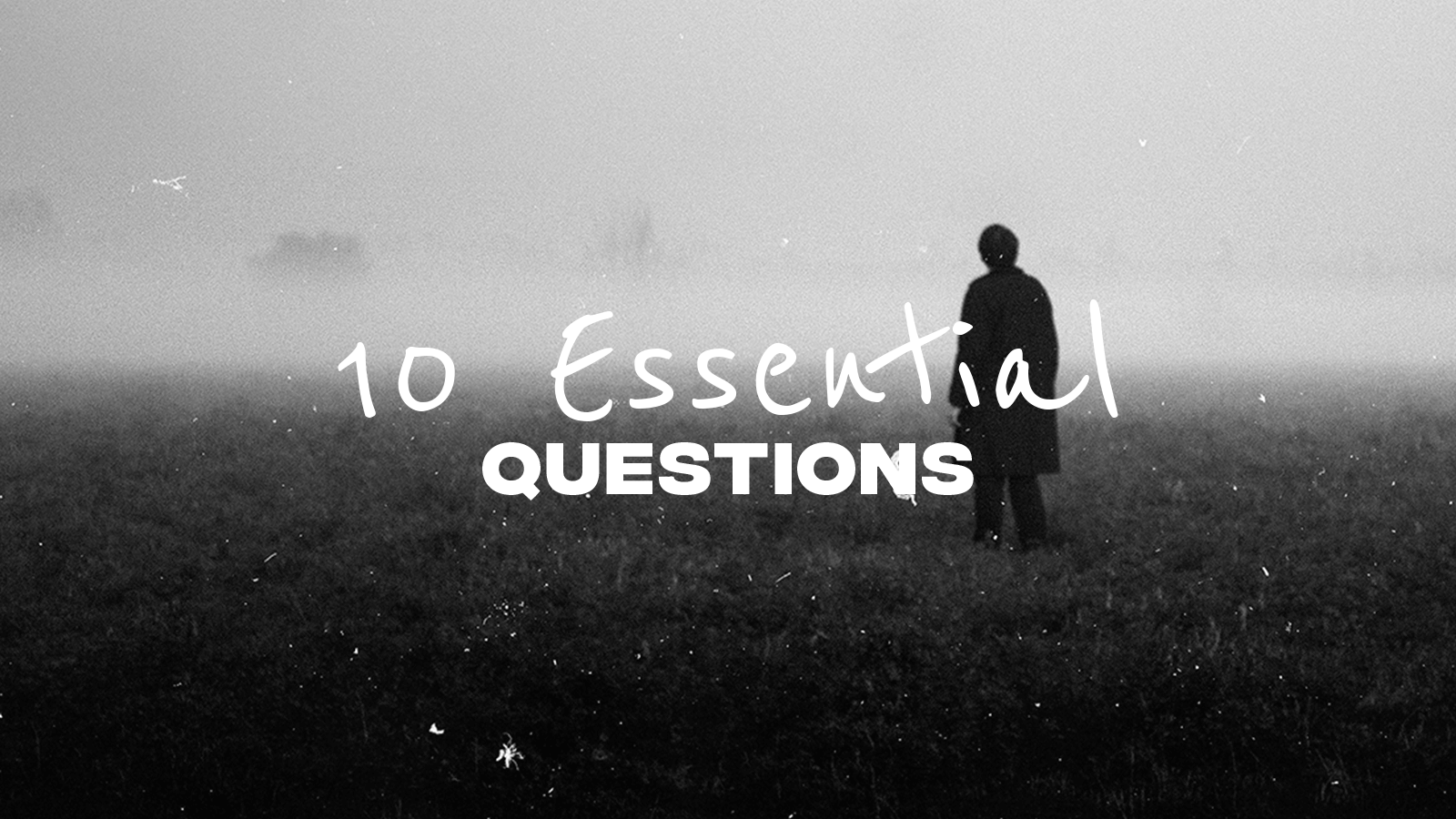The Reading List: The Books That Inspired Ocean Vuong’s On Earth We’re Briefly Gorgeous
Ocean Vuong, the author of On Earth We Are Briefly Gorgeous – Dua’s Monthly Read for November – shares the books that inspired his lyrical masterpiece. Written in the form of a letter by a young boy called Little Dog to his illiterate Vietnamese mother, Vuong crafts a poetic exploration of masculinity, race and intergenerational trauma left by war and family violence.
Dictee by Theresa Hak Kyung Cha

“This book is one of the most radical approaches to the novel that I’ve read, one where time-honoured narrative decrees for cohesion, fluidity, character development, plot and arc are refused in order to privilege a necessary, orchestrated sense of disorientation as a method of enacting displacement, trauma and national and private grief. The novel gave me courage to stop seeing historical trauma as something that has to be refurbished in order to achieve ‘fine art’, and more so that fracture, even incomprehensibility, can be a powerful conscious mode of storytelling; one that interrogates colonialist gauges of successful art-making without forsaking its central thrust – to tend and hold close the bodies expelled by canonical narratives.
“Because Cha was also a visual artist, the book can be read as an exhibit, both in the curatorial sense – images and calligraphy often interrupt the text – as well as a judicial one, where documents and family albums are scanned as evidence of erased histories.”
Beloved by Toni Morrison

“There is not more I can say about Beloved that has not been said much more concisely and eloquently. When I first came to the book, I discovered something I did not expect coming in: that, along with the myriad things that Beloved is and does, it is also a refugee narrative. The novel positions survival as an act of creation, particularly how mothers who witnessed a generation of a horrific trauma acquire the power of protection through love, even if it means committing the ultimate act of rescue: death. It is a treatise wherein literary violence can – and is at times obligated to – match that of history, that nothing is ‘too much’ or ‘indulgent’ if it is true. I saw in Morrison’s characters the thinking and innovation of women in my family.
“Although Morrison’s characters inhabit a completely different historical sequence, incomparable to anything else, the novel taught me to see Vietnamese refugees as survivors with agency, like Sethe, who must now furnish a future within incomprehensible aftermaths. It gave me the confidence and determination to see Vietnamese American life as worthy and exceedingly beautiful in the project of literature.”
Autobiography of Red by Anne Carson

“This hybrid book, a novel in verse, taught me what can happen when a fictive story is contextualised through other texts, where it can collaborate, argue with and celebrate the original while also gaining its own life. In Carson’s case, it was the recasting and expansion of the classical myth of Geryon. But what’s more, it uses Geryon’s anecdotal life in a larger male-dominated narrative as an epicentre, thereby decentralising the Greek original into Carson’s contemporary vision of rural queer life, the isolation of art making and the brutal repercussions of favouring interiority in a patriarchal system.
“But perhaps what’s most inspiring to me about this book is Carson’s refusal to enact her protagonist’s development via a false and forced inhabitation of heteronormative ideals. Geryon – a quiet, small, artistic mama’s boy – does not become a masculinist hero in order to ‘solve’ his outcast position. Instead, he bravely embodies his otherness, or ‘monstrosity’, as Carson writes, through emotionally-informed aesthetic vision. It’s a book that insists on the necessity of alterity as agency instead of succumbing to the readily assimilative.”
Moby-Dick by Herman Melville

“I have always felt that Melville was the writer who enacted Whitman’s decree for American multiplicity in ways far richer and complex than Whitman did himself. A book that simply refuses to compromise, that employs the autobiographical gaze to suggest radical modes of queerness, polytheism as progressive self-knowledge, expansive meditations on whiteness, both in regards to the whale’s purity and to race, Moby-Dick forges the allegory of the hunt as a doomed American quest for self-knowledge. Reading it, I thought, ‘What would happen if a queer Asian American decided, in Melville’s vein, to also not compromise? What would happen if all modes of voices, themes, threads, systems of knowledge and influence were potent in equal measure within the novel’s temporal investigation?’
“Because I knew I did not want to write a 600-page tome, the epistolary mode allowed me the quick detours and returns, while still retaining the vital urgency and vulnerability of a direct address. In this way, the voice, the letter itself, became the main plot; the digressions in memory, cultural investigations and vignettes its tributaries. And the whale, ever fleeting, out of reach and finally impossible, is the mother’s readership of the letter.”
Go Tell It on the Mountain by James Baldwin

“The novel that Baldwin claims he ‘had to write if [he were] ever to write anything else’ is a masterclass on how potent and vital an autobiographical text can be for a writer of colour. In a literary culture that often casts the debut as arriving out of serendipitous phenomenon, the autobiographical novel, as evidenced by Baldwin, serves as a map of one’s journey towards art. It says, essentially, that a writer of colour does not arrive at the literary table, as is often believed, in spite of their geographical and cultural roots but because of them. That those origins, complex and rich with joy and challenges, were foundations within their praxis – not shackles that denied them an imagination.
“The Germans would call such a book a künstlerroman – an artist’s novel. In Baldwin’s hands, Go Tell It on the Mountain becomes more than that, it becomes a map of passage wherein a gay Black writer garners self-knowledge through the careful, thorough and luminous rendering of his elders, which includes their flaws, triumphs and the near-obliterating effect of American racism on their minds and bodies.”




